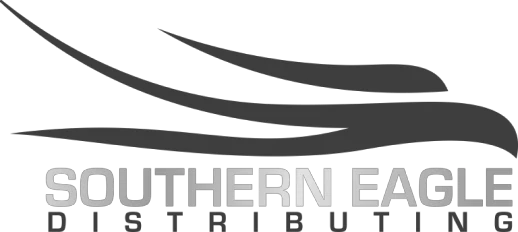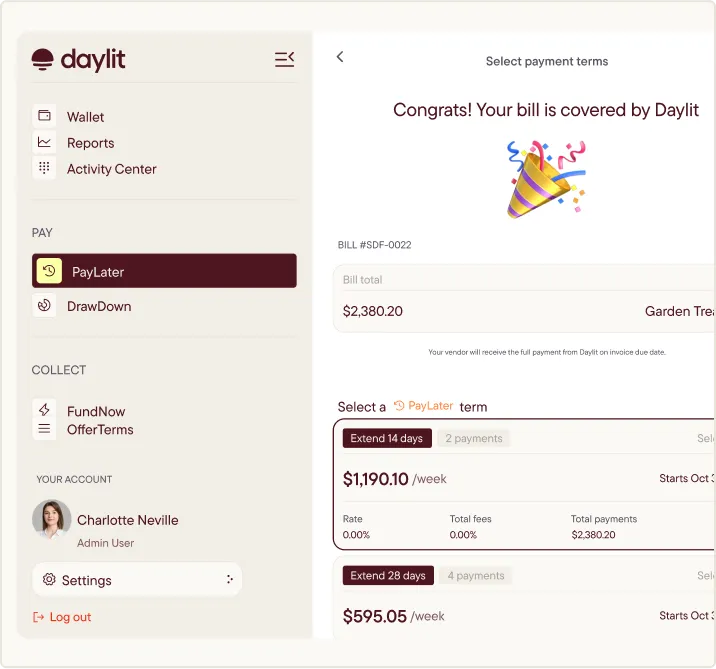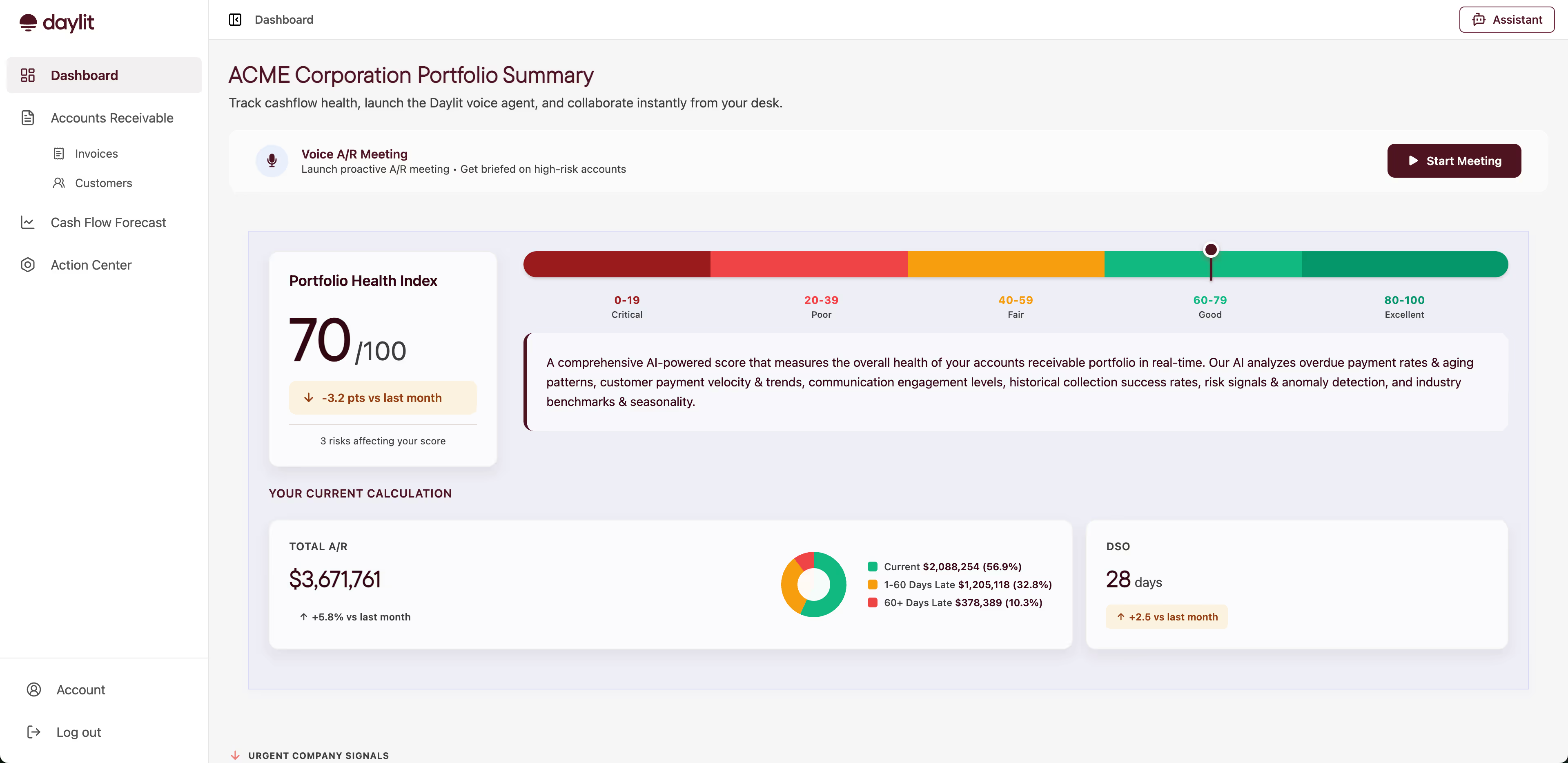Frequently asked questions
Find the answers to most common questions about accounts receivable, selling invoices, offering payment plans, and transporting your finance function into the AI-era.
Trusted by









Thank you! Your submission has been received!
Oops! Something went wrong while submitting the form.
Accounts receivable just got a little brighter
Get paid on time, every time, with our all-in-one platform that transports your A/R into the AI-era within days of going live.

